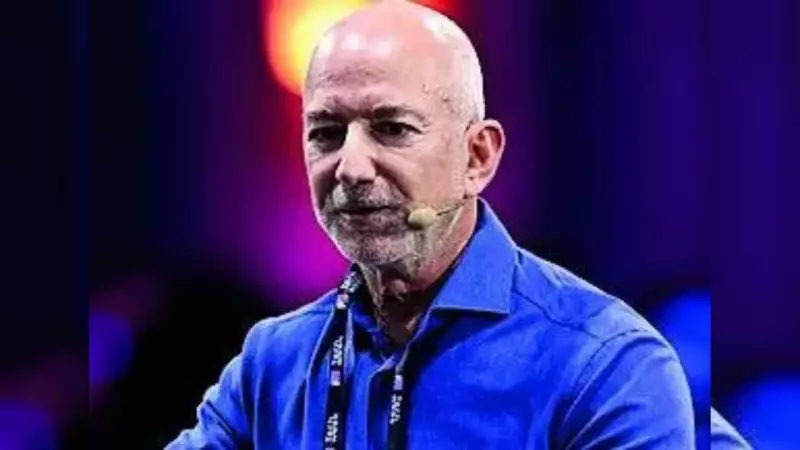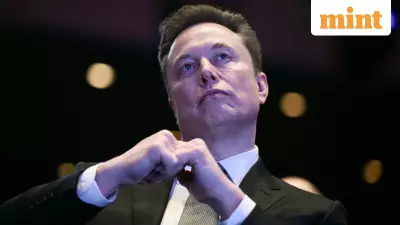
In a stunning prediction that could reshape humanity's future, Amazon billionaire Jeff Bezos has declared that millions of people could be living and working in space stations within the next decade. The visionary entrepreneur made these groundbreaking comments through his aerospace company Blue Origin's official social media channels.
The Space Colonization Timeline
Bezos envisions a near future where space becomes humanity's next frontier for both living and working. "We're looking at a future where millions of people will call space stations home," the Amazon founder projected, suggesting this massive migration could occur much sooner than most experts anticipated.
Blue Origin's Orbital Reef Project
The foundation for this ambitious vision lies in Blue Origin's Orbital Reef space station project, developed in partnership with Sierra Space. Designed as a "mixed-use space business park," Orbital Reef represents the next generation of space infrastructure that could support both commercial activities and long-term human habitation.
Bezos emphasized that these space stations won't just be for astronauts and scientists. "We're building the infrastructure for ordinary people to live and work in space," he stated, highlighting the commercial potential of space-based manufacturing, research, and tourism.
The Role of Artificial Intelligence
The Amazon founder connected his space vision with the rapid advancement of artificial intelligence. "AI is accelerating everything, including our ability to design, build, and operate complex systems in space," Bezos explained. He believes AI will be crucial for managing life support systems, navigation, and ensuring the safety of space residents.
Why Space Matters for Earth's Future
Bezos presented a compelling case for why space colonization is essential for humanity's long-term survival. "We need to look beyond Earth to ensure our species continues to thrive," he argued. His vision includes moving energy-intensive industries to space to preserve Earth's environment while meeting growing human needs.
The Economic Implications
The transition to space-based living and working could create entirely new economic sectors:
- Space manufacturing facilities leveraging zero-gravity conditions
- Orbital research centers for pharmaceuticals and materials science
- Space tourism and hospitality industries
- In-space transportation and logistics networks
Bezos concluded with an optimistic outlook: "We're at the beginning of a new golden age of space exploration and settlement. The next decade will transform how we think about human habitation."





